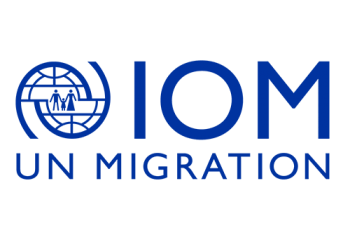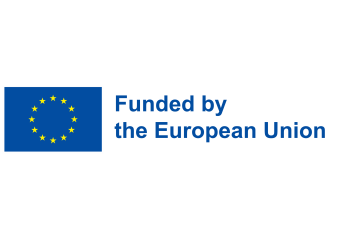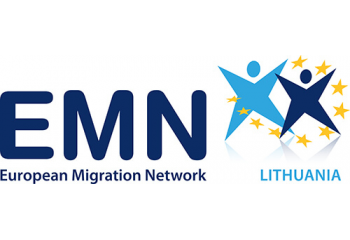News
How do the EU Member States attract foreign talents? IH Vilnius case in the European context
In the global labour market, there is a strong demand for highly skilled professionals. However, Work in Lithuania experts note that successful talent attraction goes beyond the worker’s choice to come and work in the destination country. Highly skilled specialists’ stay in the country also depends on the effective reception and integration measures introduced by the destination country. As a result, this situation in the global labour market increases the importance of institutions providing services to foreign talents.
In Lithuania, one of such institutions is International House Vilnius (hereinafter – IH Vilnius). Established in 2021, IH Vilnius is a joint initiative of Go Vilnius, the city’s official tourism and business development agency, and Work in Lithuania, a talent attraction program encouraging foreign talents to pursue careers in Lithuania. IH Vilnius offers free consultations and services related to relocation to Lithuania and living in Vilnius: from residence permits and social insurance to employment services, taxes, and other relocation services. Specialists from 5 different state institutions (the Migration Department, the Tax Inspectorate, the Social Insurance Agency, the Employment Service, and Go Vilnius – the development agency of Vilnius) work together, under the same roof, in the office of IH Vilnius.
Seeking to learn from the best practices of other countries and improve the scope and quality of services, IH Vilnius decided to use European Migration Network (hereinafter – EMN) by inquiring whether other EMN Member and Observer Countries have similar one-stop-shops to learn more about their structure, goals, and services. For this reason, EMN Lithuania released an ad-hoc query in the Network that was answered by 20 countries.
Responses to the ad-hoc query showed that 10 Member States have municipal-level centres where foreigners can receive the main migration and integration services in one place. The main services provided in these centres include consultations with migrants about employment and residence permits. Also, some centres pursue initiatives designed to strengthen migrants’ integration. Initiatives that resemble IH Vilnius the most are in the Netherlands, Finland, and Estonia. In these one-stop-shops, provided services mostly are consultations on employment opportunities and residence permit matters.
Furthermore, the Czech Republic, Estonia, Finland, Lithuania, and the Netherlands measure foreigners’ satisfaction rates regarding the municipal level centres. In the Czech Republic and the Netherlands, on average, 96% of migrants are satisfied with the services provided. In Finland, the quality of services is rated 9.4 out of 10. Similarly, in Estonia and Lithuania, the quality of services is also very positive, with an average score of 4.25 on a five-point scale.
All of this suggests that institutions trying to attract foreign talent not only provide services in the field of migration and integration, but also actively seek to improve their activities by collecting feedback from foreigners.
Link:AHQ Summary (EN)


